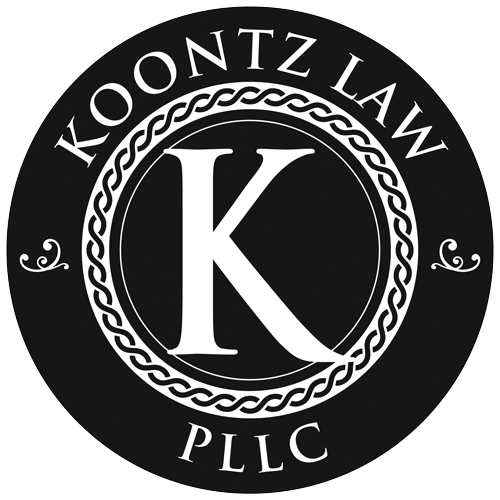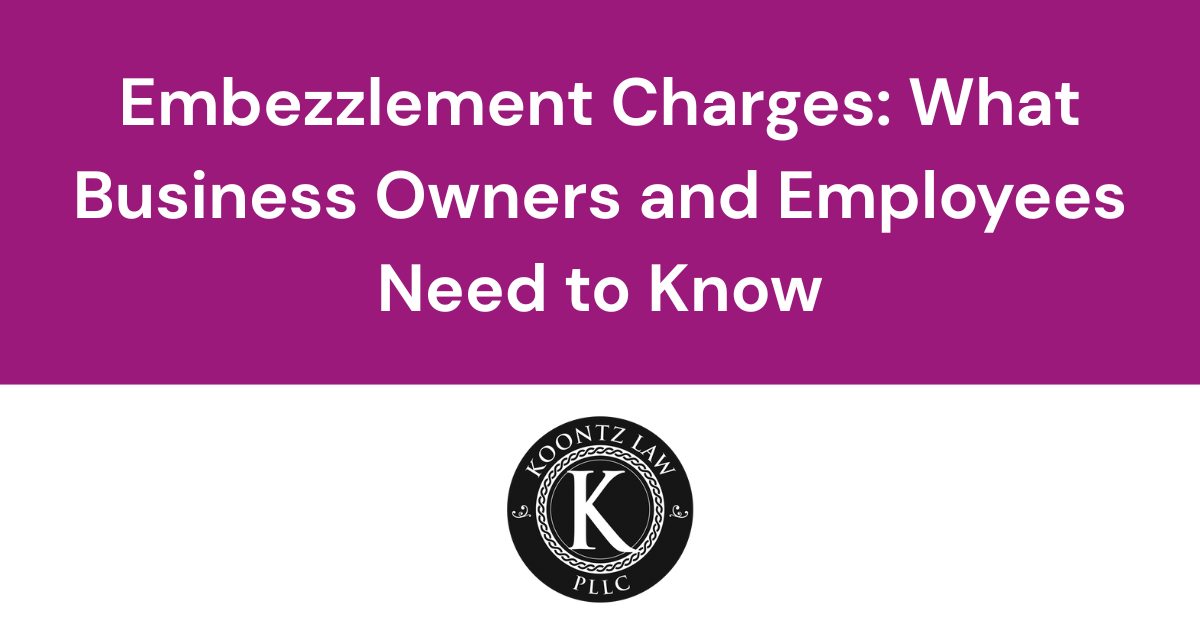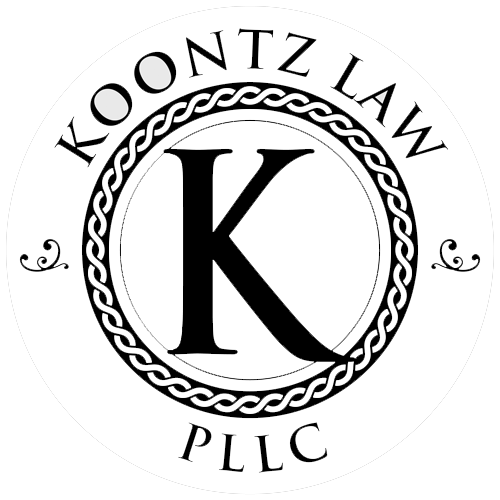How to Prepare for a Contested Adoption in North Carolina
Adoption is a profoundly impactful experience, both for the family wishing to adopt and for the child awaiting stability, love, and a nurturing home. But when an adoption is contested—meaning someone with a legal right to object to the adoption, such as a biological parent, does so—the process can become more complex and emotionally charged. For North Carolina families considering adoption or already navigating this path, understanding how to prepare for a contested adoption is essential. Here are key steps to help you prepare for a contested adoption in North Carolina.
1. Understand What a Contested Adoption Entails
In North Carolina, a contested adoption typically arises when a biological parent or another party with standing objects to the adoption, arguing that their rights should not be terminated, or the adoption should not proceed. This often happens in cases where the biological parent has a relationship with the child, but it may also arise in cases where a biological parent is unable to care for the child yet objects to giving up their parental rights.
A contested adoption requires a hearing where evidence and testimony are presented. The court will ultimately decide based on the best interest of the child, but it is a rigorous process that may involve examining the fitness of each party seeking to adopt, as well as the relationship between the child and the objecting parent.
2. Work with an Experienced Adoption Attorney
A contested adoption involves complex legal matters that are best handled by a professional with experience in North Carolina family law. A skilled adoption attorney will guide you through each step of the legal process, helping to file necessary documents, gather essential evidence, and prepare you for any hearings. Attorneys experienced in contested adoptions can anticipate potential issues and work to protect your interests and the best interests of the child.
At Koontz Law, PLLC, we support families by offering in-depth knowledge of North Carolina adoption law and compassionate, strategic guidance. Working with an experienced attorney from the start will give you a solid foundation and help you navigate the challenging process of a contested adoption with greater confidence.
3. Gather Supporting Documentation and Evidence
A contested adoption requires compelling evidence to demonstrate that adoption is in the child’s best interest. The type of evidence needed will depend on the specifics of the case but may include:
Working with an attorney can help you identify which documents are needed to build a strong case for the adoption.
4. Prepare for Court Proceedings
In a contested adoption, you will likely need to attend court hearings and possibly testify. Here’s what to expect:
5. Focus on the Child’s Best Interest
The guiding principle in any adoption—contested or otherwise—is what is best for the child. Courts evaluate the fitness of each party, and this may include factors such as stability, ability to provide, and emotional connection. A contested adoption can be emotionally challenging, but focusing on the child’s well-being throughout the process is paramount.
It may be tempting to emphasize negative traits about the other party, but the court prefers constructive approaches. Concentrating on positive ways you can meet the child’s needs, rather than highlighting the faults of others, demonstrates maturity, compassion, and a focus on the child’s interests.
6. Manage Expectations and Practice Patience
Contested adoptions can be lengthy and involve several stages of hearings and legal arguments. Managing your expectations is key, as is preparing emotionally for a potentially prolonged process. Knowing this from the outset can help you and your family maintain resilience and focus.
Additionally, understanding that legal processes are often slow, particularly when children’s lives are involved, can help you maintain a sense of perspective. Emotional support from family, friends, and adoption professionals can be invaluable during this time.
7. Consider Counseling or Support Groups
The adoption process is complex and often emotionally taxing, especially in contested cases. Consider seeking support from a counselor, therapist, or adoption support group. Many families find solace in sharing their journey with others who have been through similar experiences, helping to navigate the emotional landscape and provide perspective.
Contact Koontz Law for Guidance Through Your Contested Adoption Journey
Preparing for a contested adoption in North Carolina can feel overwhelming, but with the right resources and support, you can face each stage of the process confidently. By understanding what a contested adoption involves, working with an experienced adoption attorney, gathering key evidence, and focusing on the best interest of the child, you can improve your chances of a positive outcome for your family.
If you’re facing a contested adoption or have questions about the adoption process, Koontz Law, PLLC is here to help. We understand the complexities of family law in North Carolina and are committed to providing guidance with empathy, expertise, and a focus on the best interest of the child. Contact us today for more information.











